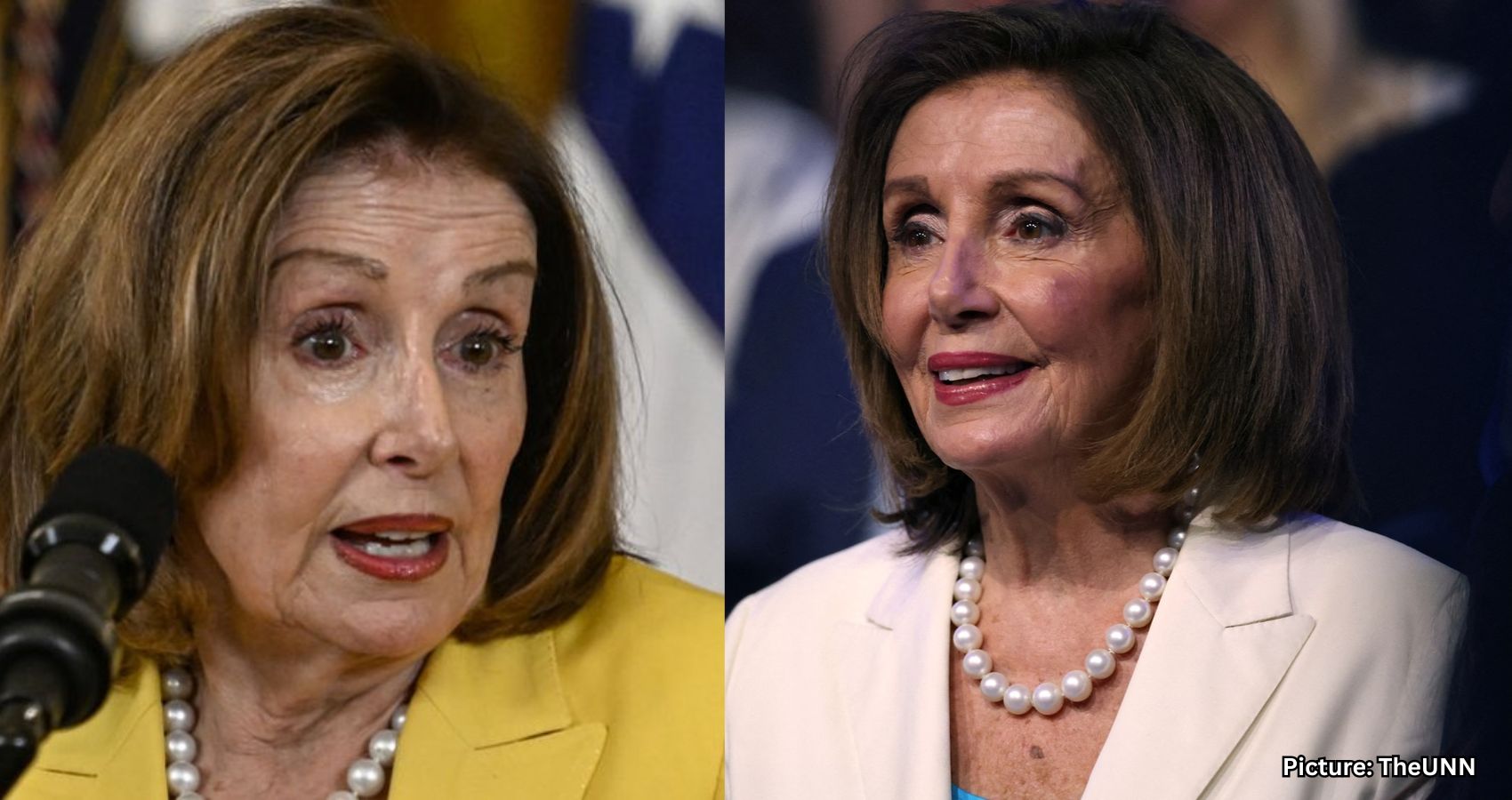Saikat Chakrabarti, a former aide to Bernie Sanders and Alexandria Ocasio-Cortez, is challenging Nancy Pelosi for California’s 11th Congressional District seat, aiming to reshape the political landscape in San Francisco.
As voters in New York City consider Zohran Mamdani as a potential mayor, another significant political figure is emerging on the West Coast. Saikat Chakrabarti, a 39-year-old Democrat, is running to represent California’s 11th Congressional District, which encompasses San Francisco. This district has been represented by Rep. Nancy Pelosi since 1987, with Pelosi most recently winning re-election in 2024 with an impressive 81% of the vote.
A Harvard graduate, Chakrabarti gained recognition as an early engineer at the payment processing company Stripe, where he accrued substantial wealth through company equity. However, his political experience is extensive; he served as the tech director for Rep. Bernie Sanders and was the first campaign manager and chief of staff for Rep. Alexandria Ocasio-Cortez. Chakrabarti played a pivotal role in the development of the Green New Deal.
Chakrabarti’s campaign is notable for its commitment to not accepting corporate PAC money. Public records indicate that he has already contributed over half a million dollars of his own funds to support his candidacy.
In a recent interview in San Francisco’s South of Market neighborhood, Chakrabarti discussed his ambitious plans to challenge Pelosi for her seat. Following their conversation, California State Senator Scott Wiener also announced his candidacy for the position, while Pelosi has yet to confirm whether she will run again in 2026.
Chakrabarti reflected on his journey into politics, emphasizing his desire to address pressing issues such as climate change, inequality, and poverty. He described his upbringing in Fort Worth, Texas, where he attended public schools and lived a middle-class life. Initially apolitical, he became motivated to effect change after witnessing the stark realities of inequality and unaffordability in San Francisco.
“I wrote a list: I want to work on climate change, inequality, and poverty,” Chakrabarti stated. “If our country can’t solve these issues, we just let them keep festering.”
When asked about his transition from tech to politics, Chakrabarti explained that he realized he could make a significant impact through public service. His involvement in campaigns, particularly the Green New Deal, demonstrated the potential for large-scale change when grassroots movements mobilize.
Chakrabarti is aware of the formidable challenge posed by Pelosi’s long-standing popularity in the district. He believes that the political landscape has shifted, and the issues facing Americans today require a new approach. “For most people in the country, lives are getting harder,” he noted. “People are working more hours to afford less.”
He argues that Pelosi’s political style is rooted in maintaining the status quo, which he believes is insufficient to address the systemic problems facing the nation. “I think she came up in a politics that does not believe that’s true,” he said, referring to the need for transformative change.
Chakrabarti acknowledges the current political climate, where skepticism towards progressive politics is growing. He believes that voters are seeking change rather than ideological divides. “Most people are not very ideological,” he explained. “It’s about giving this government a chance. If they don’t fix the problems, we’re going to give someone else a chance.”
He emphasized the importance of bold action and experimentation in politics, drawing inspiration from historical figures like Franklin D. Roosevelt. “We need to return to a model of bold, persistent experimentation,” he asserted, highlighting the need for a Democratic Party willing to take risks to solve significant issues.
Chakrabarti also addressed the necessity of compromise in Congress while remaining true to one’s values. He believes that some issues, such as banning congressional stock trading, have broad bipartisan support and can help restore faith in government institutions.
As a potential member of Congress, Chakrabarti would represent a growing South Asian American presence, which he sees as vital for addressing specific community issues, such as caste discrimination and immigration. He expressed concern over the Democratic Party’s increasingly anti-immigrant sentiment, advocating for a more welcoming and inclusive narrative.
Chakrabarti’s vision for the American Dream centers on ensuring that future generations have better opportunities than their parents. He believes that achieving this requires not only addressing essential services like healthcare and education but also fostering a culture of innovation and economic growth.
Reflecting on the changing dynamics within the Indian American community, Chakrabarti noted a rightward shift among younger voters, particularly among Indian American men. He attributes this trend to economic anxieties and a reaction to cultural shifts, emphasizing the need for progressive leaders to engage with these concerns.
Chakrabarti praised Mamdani’s campaign in New York City as a model for insurgent candidates, highlighting the importance of focusing on economic issues and effective governance. “We need to pitch how universal programs tackle things like healthcare and childcare,” he said.
In his closing thoughts, Chakrabarti emphasized the importance of engaging with diverse perspectives and fostering a sense of community. “People want to do good, and they want to help others,” he concluded, underscoring his commitment to building a more inclusive society.
Source: Original article

